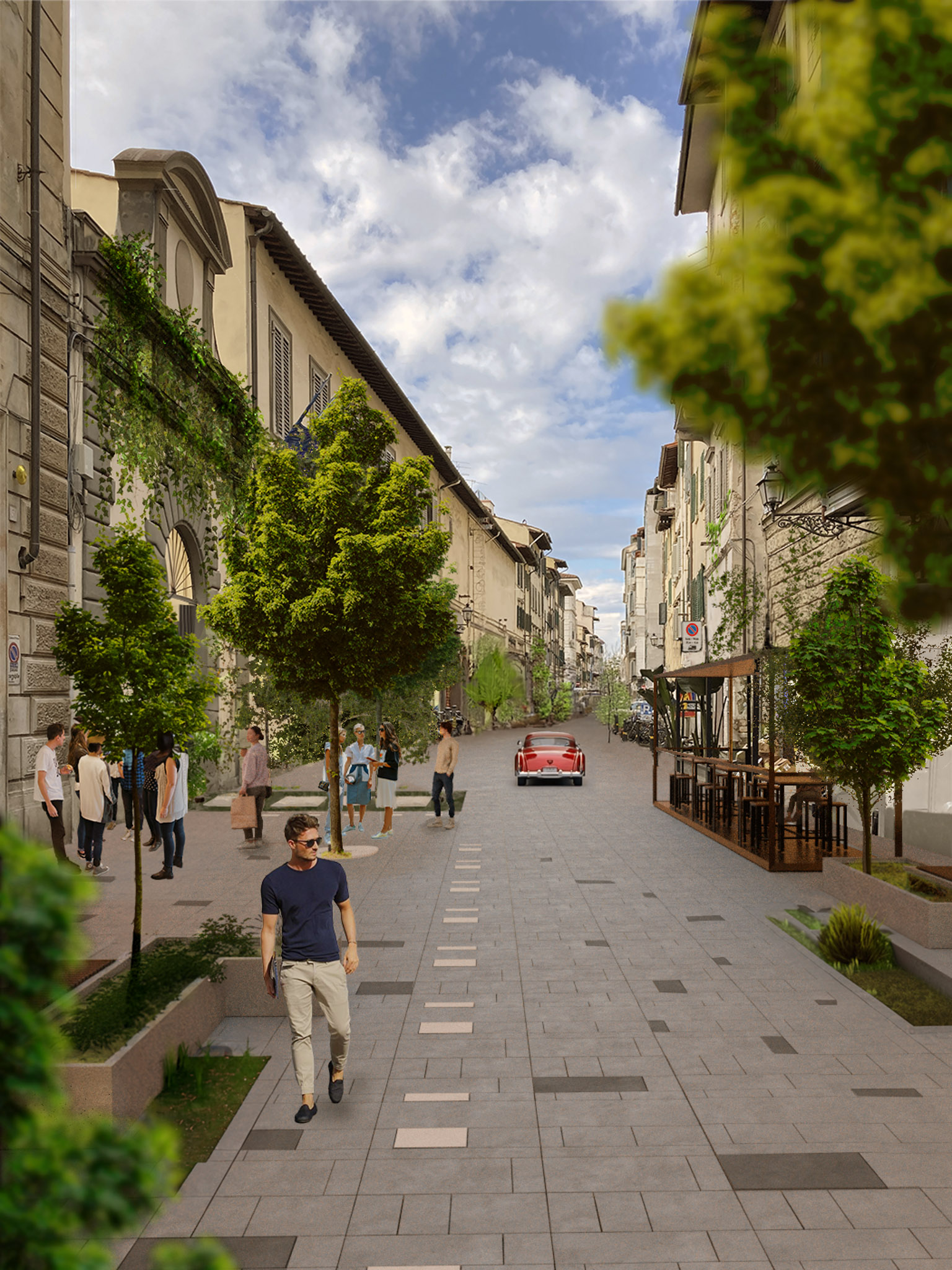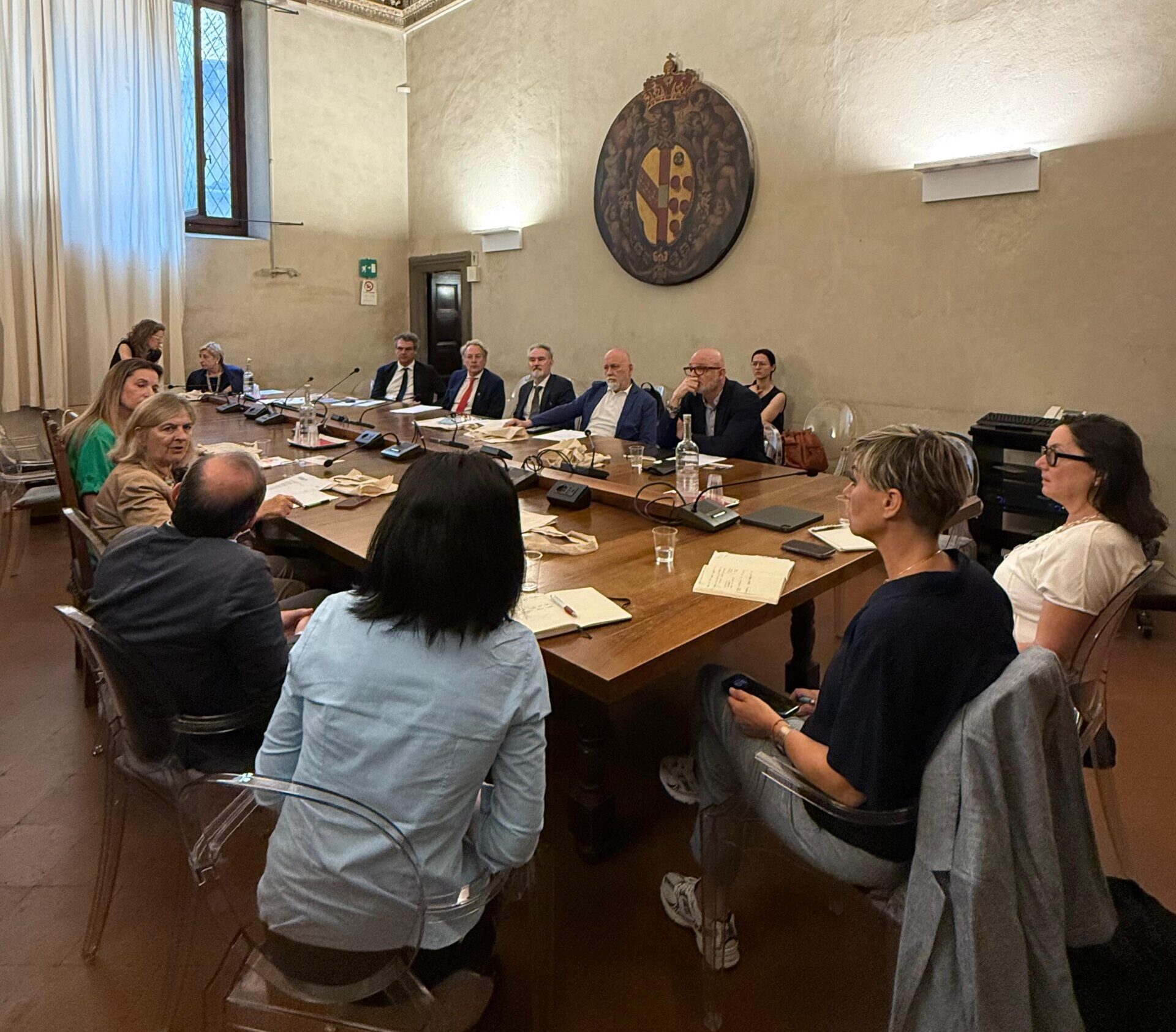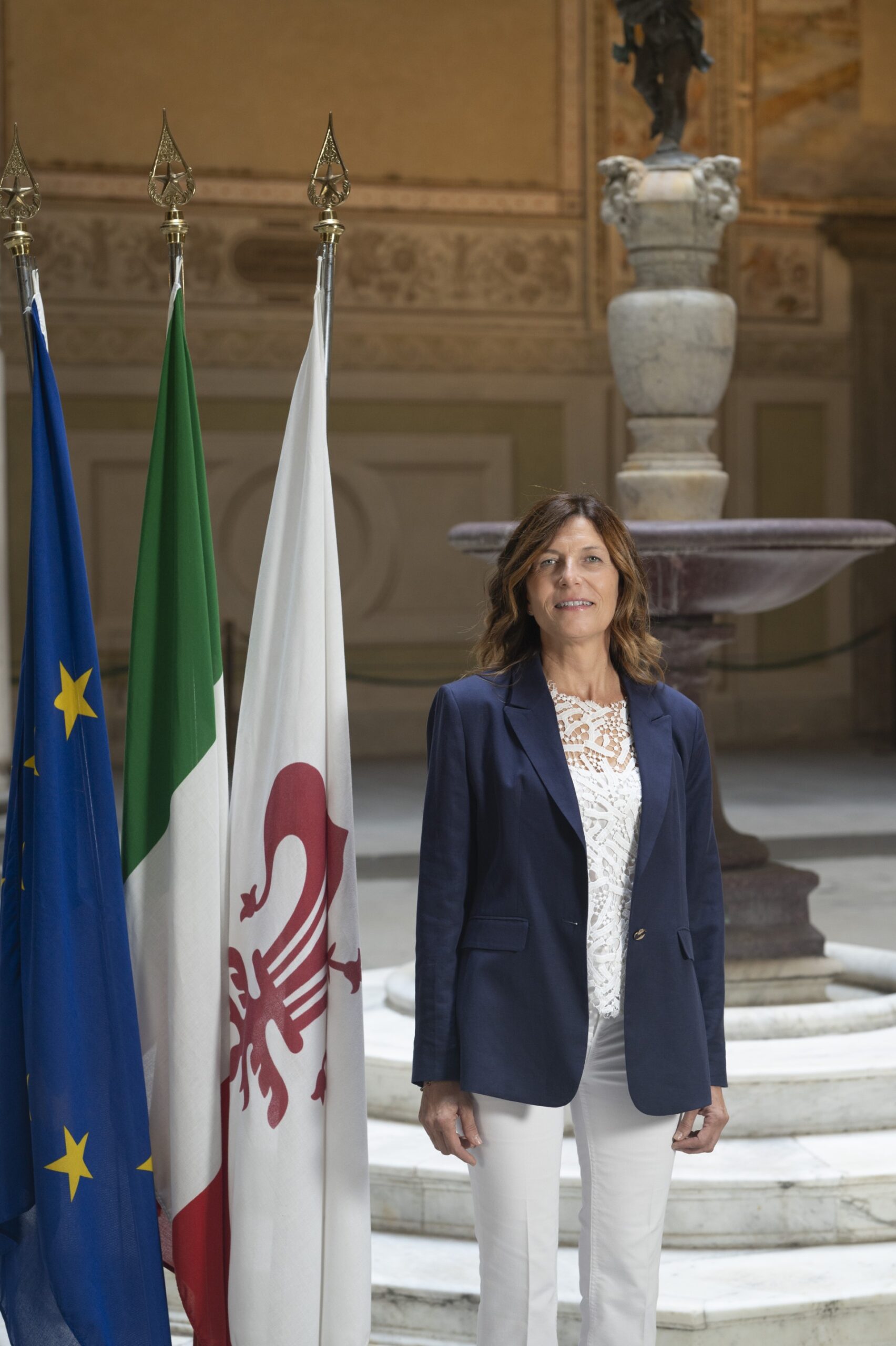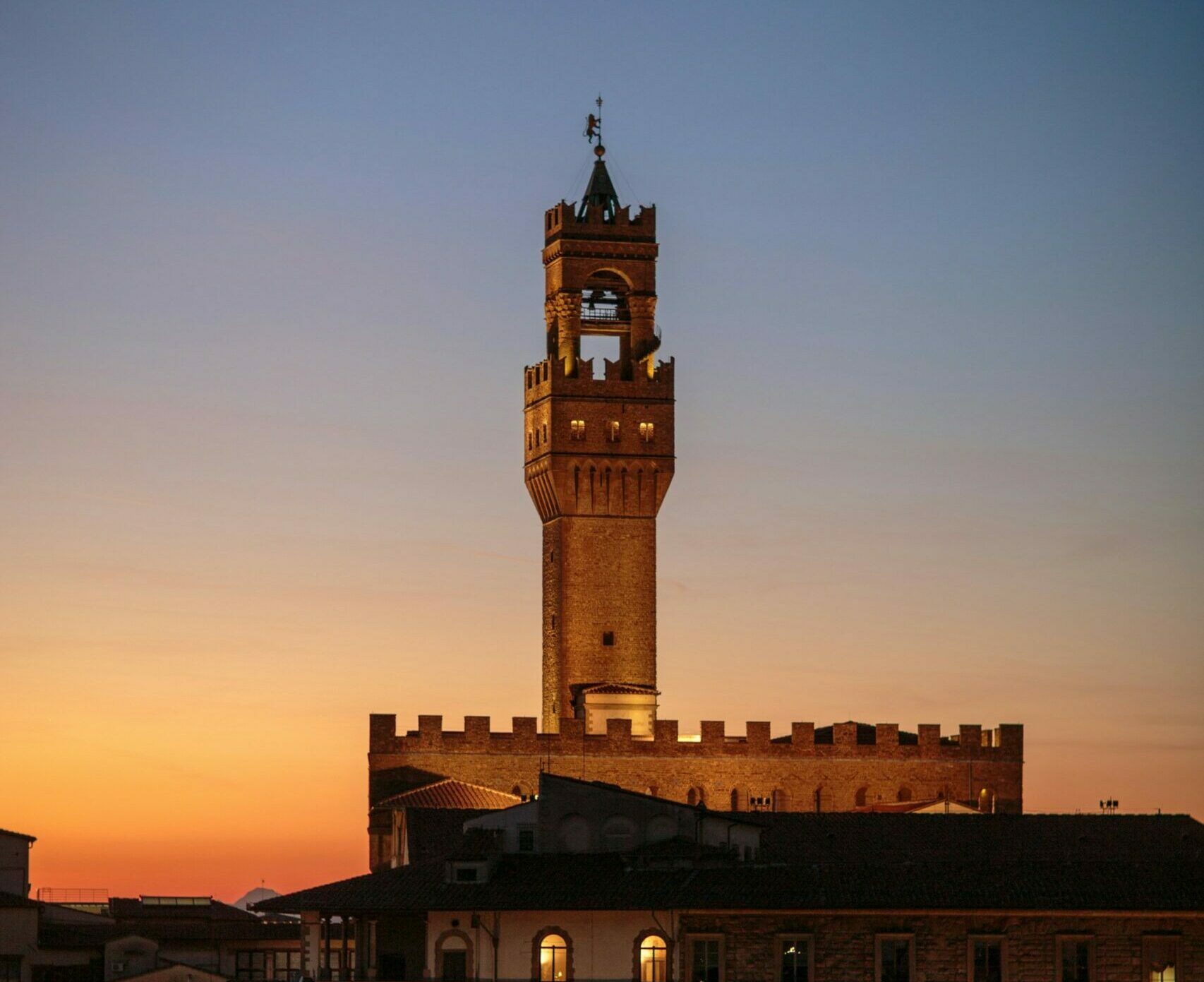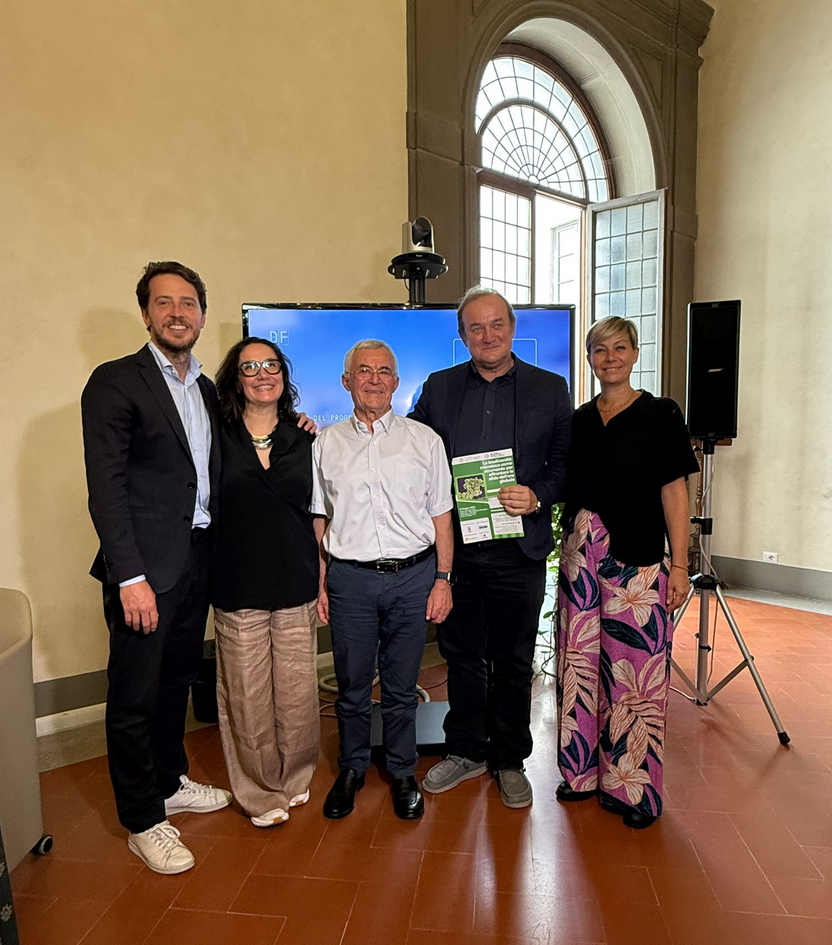Obtaining reliable and real-time information on the different sectors of the destination’s tourist offering, as well as visitors and competitors, in order to structure and implement a plan that would respect its social and cultural identity. With this objective, two types of analysis have been made available to the Municipality of Florence, to understand how much tourist flows in the city are affecting both residents and travellers.
Through Big Data analysis, Florence can examine the types of visitors coming to the city, the target markets and their level of satisfaction with the destination and the individual sectors of the tourism offering, comparing both strengths and weaknesses. With the support of Artificial Intelligence, it’s possible to predict the demand for the next 12 months, monitoring searches for flights and hotels.
The first results show some surprises. Despite the current mainstream narrative linked to overtourism, the overall perception of tourists is positive, and the destination seems to be able to absorb tourist pressure, even in areas most exposed to the phenomenon.
The level of visitor satisfaction in terms of sentiment in respect to the UNESCO area has stood at 88.3 points out of 100 in the last six months, in line with the previous year and the pre-Covid figure of 88.5 in 2019. The destination sustainability indicator in the UNESCO area also appears positive (71.8 out of 100), which combines environmental indicators (the human and tourist impact on the destination’s ecosystem), economic indicators (the assessment of visitor satisfaction based on the experience in individual tourism sectors), social indicators (the impact of tourism on residents and on socio-cultural activities) and governance indicators (the pressure of tourists and the tourist offer on the destination and its management).
Preparations have begun for a survey that will investigate the sentiment of Florentines, developed with the BVA Doxa research institute. From September, a sample of residents will be involved in a pilot research project, to understand their real perception of the quality of life in the city and the impact of tourism in specific neighbourhoods, as well as their opinion on tourist policies. The data collection process is in three phases, the initial web listening phase (completed), the analysis of the digital traces of residents, and then the direct engagement of citizens through surveys and in-person interviews.
Other efforts to improve the housing landscape in Florence can be seen in the latest proposal by Property Managers Italia, the association chaired by Florentine Lorenzo Fagnoni. A five-point self-regulation code would set the rules, in the current absence of national regulation, in terms of damage insurance and multilingual signs. The concept is that managers would accept to take on greater condominium expenses with respect to the other residents in the building, given the greater use of the common spaces by tourists, with an obligation to soundproof apartments and equip them with adequate safety devices.
Enjoy Respect Firenze reaches Airbnb guests
Since August 2024, Fondazione Destination Florence has an agreement with Airbnb, with every guest receiving information about the Enjoy Respect Firenze campaign in attempts to positively sway the type of tourism in the city.


